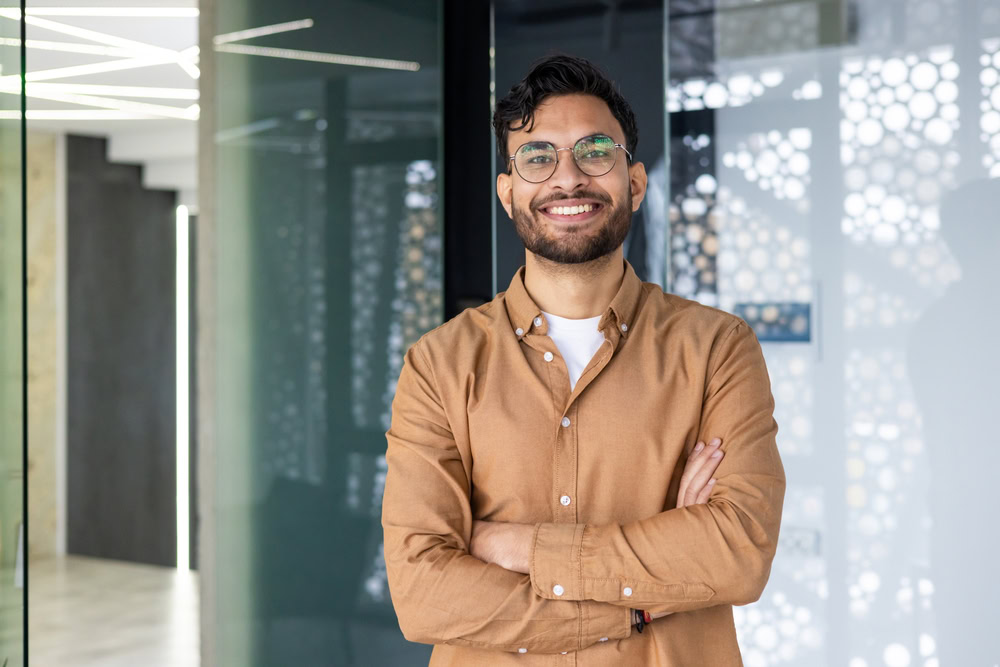How Should I Dress Myself and Preserve My Muslim Identity in a Majority Non-Muslim City?
Answered by Mawlana Ilyas Patel
Question
I would like to be able to ask you a question regarding Islamic dressing when you live in a city where most people are non-Muslims. I ask this because although there are many Muslims in the area where I live, when I try to dress according to what is recommended or sunna (i.e., really large trousers or a black turban for when I go to the mosque), I feel pressured. I get scared of attracting the attention of non-Muslims, who might try to debate with me or ask me questions about Islam because of how I am dressed. I heard that debates are impermissible and that staying in a city where I cannot find scholars or good students of knowledge to interact and spend time together is not good.
Answer
In the Name of Allah, the Most Merciful and Compassionate
I pray you are in good faith and health. Thank you for your question.
Islam has laid down general principles related to dress and has made it permissible for people to wear any type of dress as long as it conforms to the following guidelines:
Wear modest clothes that are concealing of the area between your navel and knees, and then choose whether you should dress Eastern or Western or whether you should dress like a scholar or an average religious Muslim in any given time and context.
Wear a Muslim-looking hat when going to the masjid or a gathering of remembrance or Islamic talk. This is to show you are a practicing Muslim and a way of giving emotional and religious support to sisters in the West. Also, this way, you express your Muslim identity; it is good if people ask you questions about Islam. This is a way of inviting others to Islam.
Flexibility in Clothing
Islam has flexibility in dressing up with the diversity of mankind, who were created as different races speaking different tongues and with unique cultural practices. As Allah Most High says, “And of His signs is the creation of the heavens and the earth and the diversity of your languages and your colors.” [Quran, 30:22]
[Taqi Usmani, Takmila Fath al-Mulhim; Nahlawi, al-Durar al-Mubaha]
Online Learning
Pray two rakats of Guidance. See the link below. Let matters unfold, and decide whether to move out of the city or not. Start with online learning courses from SeekersGuidance; enroll in one of the courses or as many as you can, see how it goes, build your knowledge, and make others join in your locality and create a group, this way connect with the local Imam too and start some form of learning and attending circles and inviting others to join in in an online circle of remembrance or knowledge. Slowly you will have an idea. Also, you may connect to one of SeekersGuidance Online Mentors for guidance and support for this matter.
The Prophet (Allah bless him and give him peace) said, “Whoever travels a path seeking knowledge, Allah will make easy for him a path to Paradise.” [Muslim]
Good Company and Practice
You can start putting into practice what you already know. Sacred knowledge is only beneficial when you apply it to your everyday life. Create a group of like-minded friends whom you can spend time with and share knowledge. This will help you remain focused on your goal.
I would like you to go through the valuable answers and links below. You will receive guidance and direction in sha Allah.
Related Answers
- debates Archives – SeekersGuidance
- Wearing Western-style Women’s Clothing and Dressing Modestly
- Does the Sunna Entail Dressing as the People of the Land I Live In?
- httpsClothes of The People of the Land
- Adab 13: The Proprieties of Clothing and Dress – SeekersGuidance
- A Detailed Exposition of the Fiqh of Covering One’s Nakedness (awra) – SeekersGuidance
- A Reader on OCD and Waswasa (Baseless Misgivings) (seekers.flywheelstaging.com)
- Purification of the Heart for Youth: Diseases of the Heart and Their Cure – YouTube
- The Path of Muhammad: Birgivi’s Manual of Taqwa Explained – YouTube
- Purification of the Heart: Signs, Symptoms, and Cures of the Spiritual Diseases of the Heart: Hamza Yusuf: 9780985565909: Amazon.com: Books (Book)
- Istikhara, The Prayer of Seeking Guidance: The Ultimate Guide – A Reader – SeekersGuidance
- How Does One Perform The Prayer Of Need (salat al-haja)? – SeekersGuidance
- How Can I Study Islam Systematically as a Doctor? (seekers.flywheelstaging.com)
Why not begin your search for knowledge by signing up for a course on SeekersAcademy (seekers.flywheelstaging.com).
I pray this helps with your question.
Wassalam,
[Mawlana] Ilyas Patel
Checked and Approved by Shaykh Faraz Rabbani
Mawlana Ilyas Patel is a traditionally-trained scholar who has studied in the UK, India, Pakistan, Syria, Jordan, and Turkey. He started his early education in the UK. He went on to complete the hifz of the Quran in India, then enrolled in an Islamic seminary in the UK, where he studied the secular and ‘Aalimiyya sciences. He then traveled to Karachi, Pakistan. He has been an Imam in Rep of Ireland for several years. He has taught hifz of the Quran, Tajwid, Fiqh, and many other Islamic sciences to children and adults onsite and online extensively in the UK and Ireland. He taught at a local Islamic seminary for 12 years in the UK, where he was a librarian and a teacher of Islamic sciences. He currently resides in the UK with his wife. His interest is a love of books and gardening.
